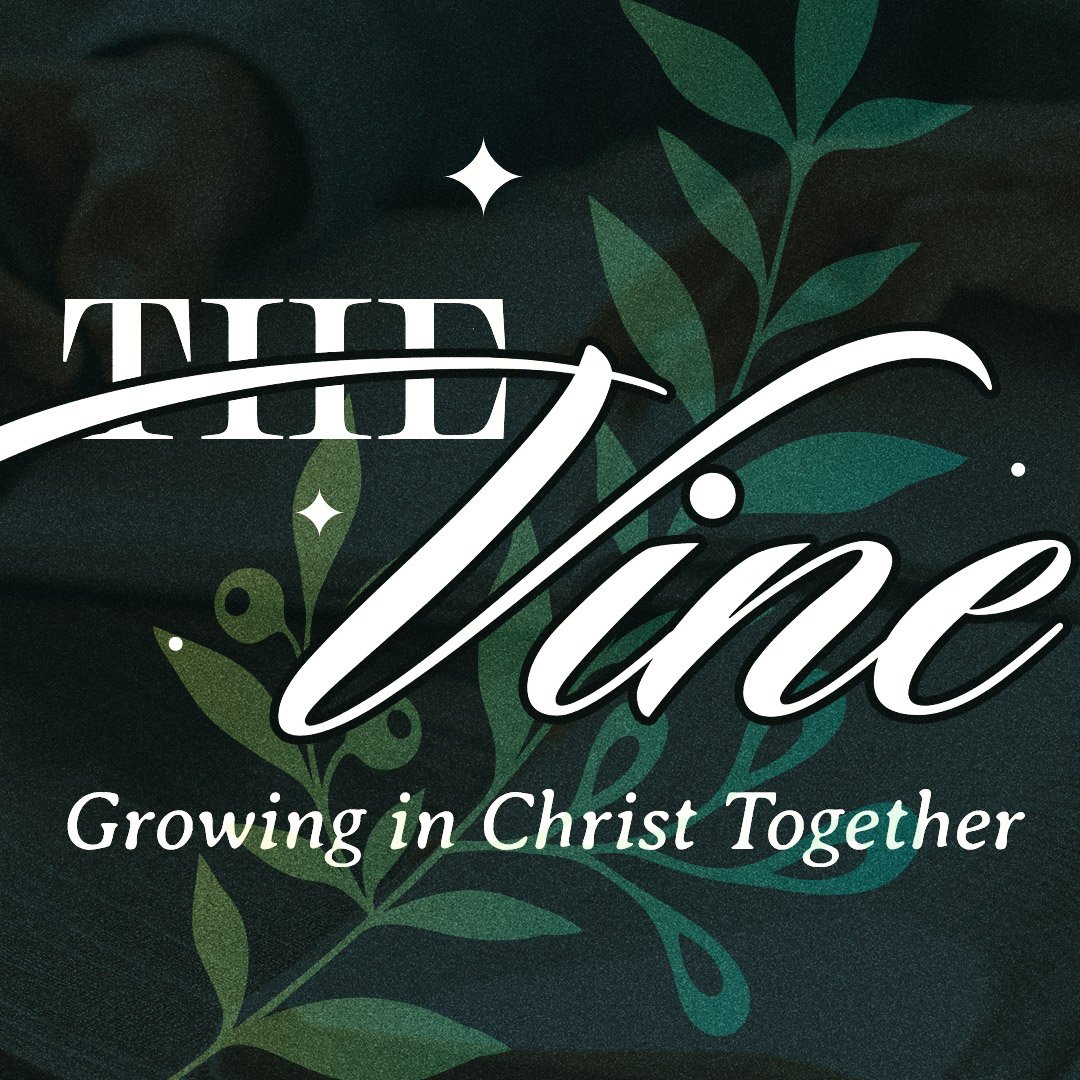The Vine: September 2, 2024
“Abide in me as I abide in you. Just as the branch cannot bear fruit by itself unless it abides in the vine, neither can you unless you abide in me. I am the Vine, you are the branches. Those who abide in me and I in them bear much fruit, because apart from me you can do nothing”
This is a weekly reflection on the previous week’s sermon text. Each week there will be a devotional related to the scripture for the week, along with questions for reflection/discussion, as well as prayer. Feel free to make this a part of your individual spiritual growth throughout the week or utilize in small group settings (growth groups, Sunday school, etc.)
“16 Jesus replied: “A certain man was preparing a great banquet and invited many guests. 17 At the time of the banquet he sent his servant to tell those who had been invited, ‘Come, for everything is now ready.’
18 “But they all alike began to make excuses. The first said, ‘I have just bought a field, and I must go and see it. Please excuse me.’
19 “Another said, ‘I have just bought five yoke of oxen, and I’m on my way to try them out. Please excuse me.’
20 “Still another said, ‘I just got married, so I can’t come.’
21 “The servant came back and reported this to his master. Then the owner of the house became angry and ordered his servant, ‘Go out quickly into the streets and alleys of the town and bring in the poor, the crippled, the blind and the lame.’
22 “‘Sir,’ the servant said, ‘what you ordered has been done, but there is still room.’
23 “Then the master told his servant, ‘Go out to the roads and country lanes and compel them to come in, so that my house will be full. 24 I tell you, not one of those who were invited will get a taste of my banquet.”
The parable of the great banquet is an intriguing story that goes beyond just a meal. Similar to Aesop's fables, parables are designed to convey deeper meanings through storytelling. In this case, the story of the great banquet is more than just about the meal and its guests, similar to how "The Boy Who Cried Wolf" is about more than just a boy and a wolf.
In the story, Jesus explains that the master invites the popular guests, but they all have excuses and can't make it. Seeing all the effort put into the feast, the master decides not to let it go to waste and instead sends the servant to invite "The poor, the crippled, the blind, and the lame." This decision reflects the master's willingness to share the feast with those who may have been overlooked by others.
This diverse group is not your typical set of guests. They are the outcasts, the individuals on the fringes, often forgotten and marginalized in this culture. It is impactful because the host understands the significance of the gathering and intentionally includes and invites the outcasts. Jesus challenges the societal norm. A key message in the parable of the great banquet is the inclusive invitation extended to everyone, regardless of their status— not just popular or influential.
The imagery of the table is another way of speaking about our relationship with God and our communion with him. The choice to sit at the table is not a one-time invitation, nor is it something that we accept just once in our lives. It is an ongoing decision that we make every day. Every day, we must choose to drop the excuses that are barriers in our lives and choose to sit at the table. Choosing to sit at the table is a daily decision we must make over and over again. It's a beautiful reminder that if you have let your excuses get in the way in the past, every day you have another opportunity to say “yes” and take a seat.
PRAYER
Great and Loving Host,
Thank you for inviting us all to the table. Help us say yes to your invitation and take a seat at your table. Give us the courage to invite others to the table where we can share the story of the host with them. Amen
Questions for Reflection:
What is the most creative excuse you have given to get out of an event?
Imagine you are the host; what would you think of the guests who declined the invitation? Imagine you are the guests who decline; why would you not want to come to the party? Imagine you are the “outcasts” who were invited; what would you be thinking?
How does the parable's message of inclusive invitation relate to our own lives and decisions?
What role does the servant play in the parable, and how does he contribute to the overall message?
PREVIOUS WEEKS
To view all previous devotions go to https://fumc-rr.org/the-vine



